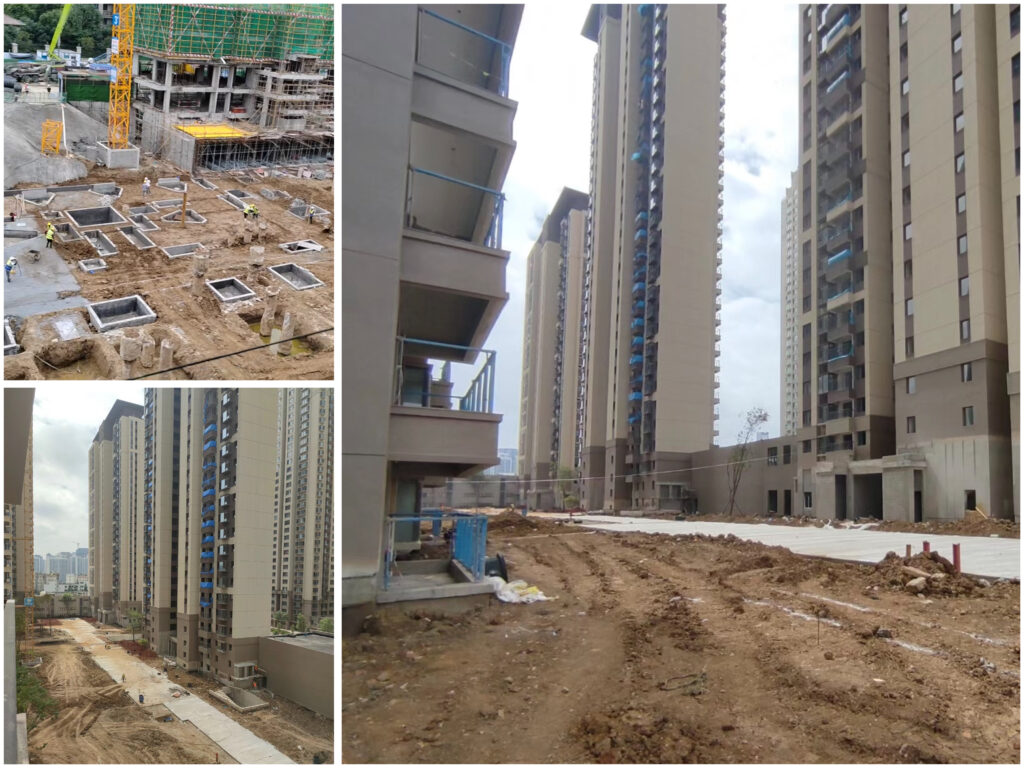
Ten years ago, Mao Yushi, a professor at Hong Kong University Business School, was one of the first to warn about the potential real estate crisis in China. Now, he states that it will take a long time to absorb the existing real estate inventory and calls for more drastic measures, such as ‘freezing supply,’ rather than merely lowering interest rates. In an interview with the South China Morning Post (SCMP) published on the 5th, Professor Mao criticized the recent measures taken by the Chinese authorities since May, such as lowering mortgage interest rates and purchasing unsold apartments. He evaluated these policies as “coming relatively late and after the problem had surfaced.” He added, “Recent measures have increased transaction volumes but failed to completely reverse the price decline. Therefore, these policies have not been as effective as expected.” “My proposal is to freeze new construction sites and projects to regulate supply, which would send a clear signal that supply is limited,” he emphasized. “Otherwise, continuing to expand supply will remain problematic,” he added.

Professor Mao, an economist who previously served as the director of the Economic Research Institute at Renmin University of China and the founder of China Chengxin International Credit Rating, had already warned of the liquidity crisis in China’s real estate industry in the 2010s. His analysis became a reality with the financial difficulties of Evergrande in 2021, which triggered a chain crisis across the Chinese real estate sector. Professor Mao highlighted the chronic ‘oversupply’ issue in the Chinese real estate market, stating that “it will take a long time to digest the accumulated supply.” He pointed out that as of the end of May this year, the total area of commercial housing on the market was 743 million square meters, an increase of 15.8% compared to the same period last year. Although real estate investment has declined in recent years, the supply is still excessive compared to the levels of 2015-2016. “During the boom period, real estate companies acquired an astronomical amount of land. If this land is developed according to the original plans, it is questionable whether there will be sufficient demand in the Chinese market,” he said. “The idea that real estate construction is the main contributor to the economy needs to be abandoned. The era of large real estate companies is over.” The real estate crisis is directly linked to household problems, particularly for the middle class, who form the backbone of domestic demand. They have taken out loans to buy homes, but with falling prices, their spending power is reduced, which inevitably leads to a contraction in overall domestic consumption. “China’s household debt problem is very serious,” said Professor Mao.
SOPHIA KIM
US ASIA JOURNAL



